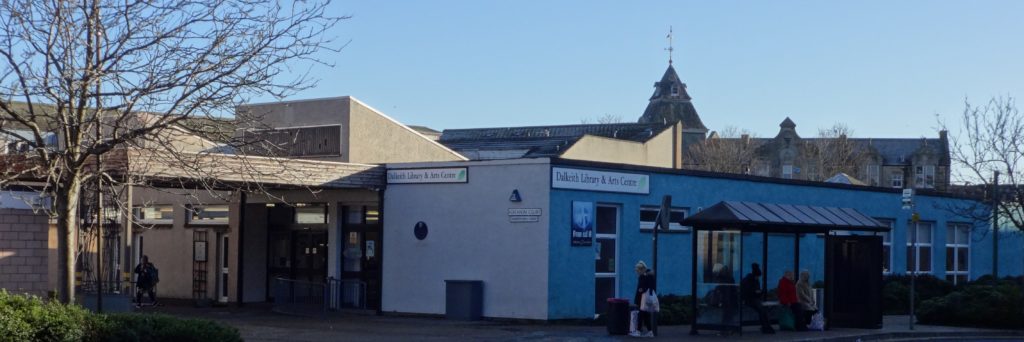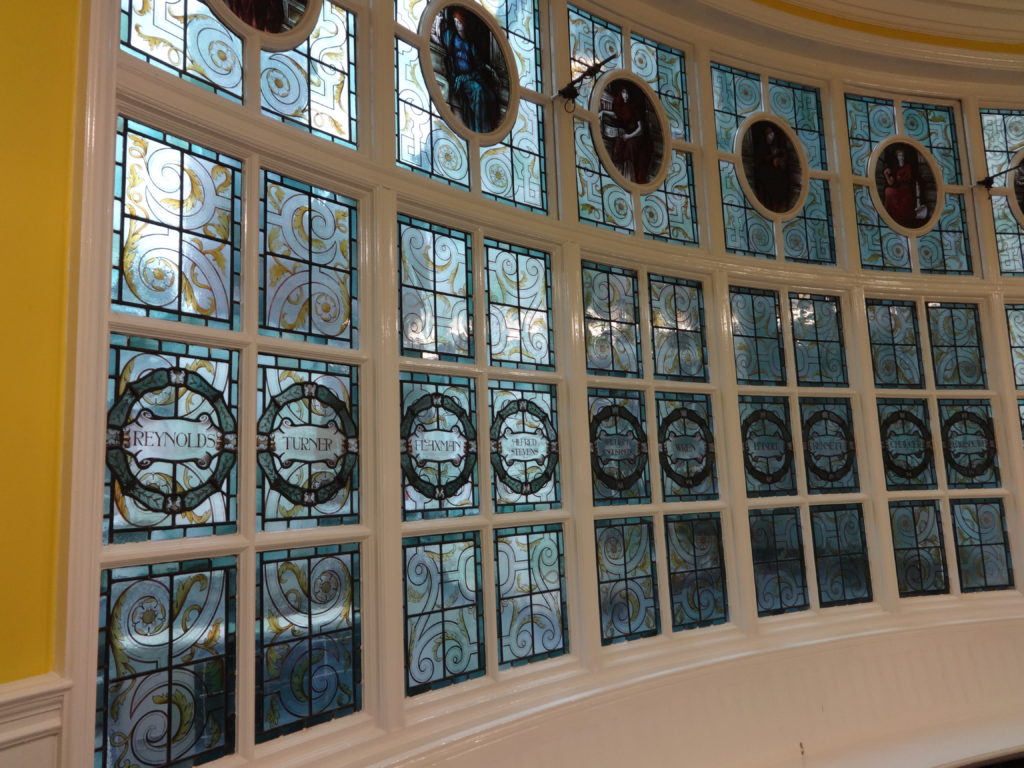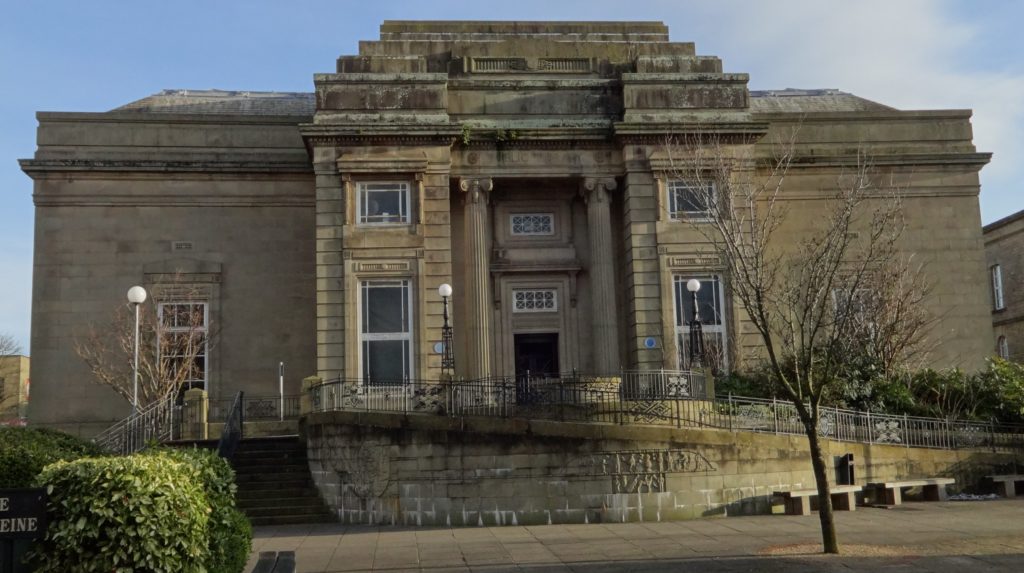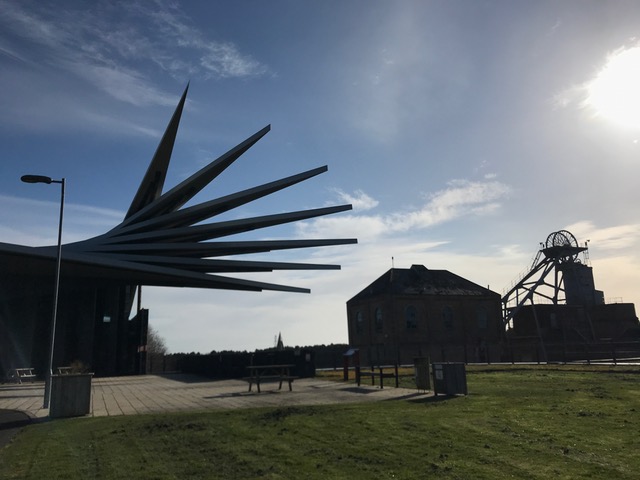Archival research is at the heart of the ‘Piston, Pen and Press’ project. Since we began our work almost two-and-a-half years ago, members of the project team have travelled across Scotland and the north of England to conduct research in community libraries, local history centres, archives, and museums with the aim of recovering little-known, historic materials on the literary culture of industrial workers in these areas.
Recently, the UK government has imposed a national lockdown to try to contain the spread of the coronavirus. For most of us, that means working from home where possible, and trying to support frontline workers by following the government’s restrictions. This includes leaving home ‘as infrequently as possible’.
In regards to the project, this means that our team’s archival research is temporarily on hold. In the meantime, we will be doing some stocktaking, making more detailed assessments of the information we’ve already collected on a wide range of rich materials, and getting ready to start work on our publicly-available database in earnest (more details to follow soon—watch this space!).
The past few months were particularly busy for us. Team members travelled to places closer to home like Dalkeith Library and Arts Centre in Midlothian, and to Newtongrange to visit the National Mining Museum Scotland, one of our project partners.


In addition, others went to sites further afield to view materials in Lancashire—including Lancaster, Preston, Burnley, and Wigan—as well as to the Woodhorn Colliery Museum and Northumberland Archives in Ashington, and ‘The Word’: National Centre for the Written Word in South Shields.



In the next blogs, we’ll be sharing some of our experiences and insights from these research trips, along with details on some of the fantastic materials we’ve viewed, which includes diaries, notebooks, minute books, ephemera, and rare copies of manuscript and printed poems by nineteenth- and early twentieth-century railway workers, miners and factory workers.
While the archival research is on hold, we’ll continue to share news of our progress, updates on plans to re-start our touring exhibitions, and new dates for our talks and musical performances on our Twitter page (@PistonPen), and on the ‘Events’ page of our website.
Finally, for those of you looking for fun and informative things to do from home, check out our recently re-launched MOOCS (Massive Open Online Courses). Both the ‘Working Lives in the Coal Mines: Mining History and Heritage’ and ‘Working Lives on the Railway: Railway History and Heritage’ are now open. Sign-up is free, and available through the Future Learn website.
I’ll leave you with the encouraging advice offered to me recently by a friend: ‘keep well, keep safe and keep your chin up!’.
(Lauren Weiss)

